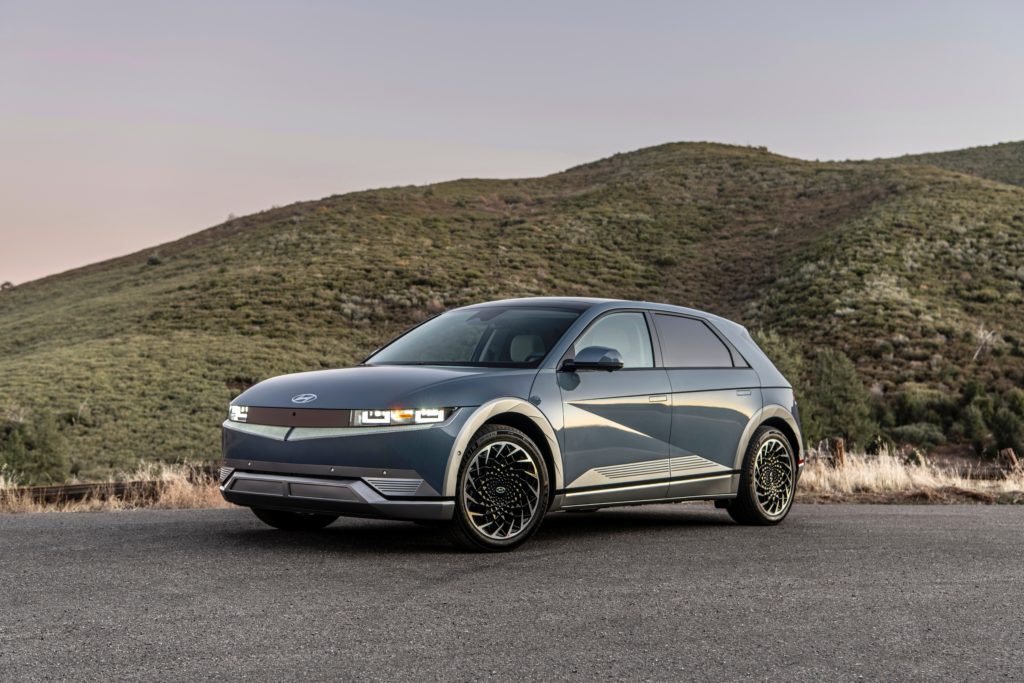
Questions Answered: What Happens to the Batteries in Electric Vehicles?
Share
Have you ever wondered how long the batteries in electric vehicles (EVs) last and what happens to them after they reach the end of their usable lifespan for driving? According to Consumer Reports, well-cared for EV batteries last about 200,000 miles on average. If you purchased a new EV and drove 12,000 miles a year – the average distance Americans drive – that would be 16 years into your car ownership. And rest assured that there are resale, reuse and recycle options that will keep your EV’s battery out of a landfill, for example:
- Reselling your EV as a used car
- Over time, an EV battery will degrade slowly, lowering the range that can be driven on a full charge. For many people who only drive 30-40 miles a day though, a used EV with lower capacity might be perfect. The used car market is booming and EVs can live long lives, so even if you’re ready for an upgrade, your EV can continue on with a new owner.
- Supporting the grid as energy storage
- EV batteries have a lot of life left in them, even after their road usability is over. One use of that remaining life is as backup energy storage for the electric grid. A new Applied Energy report shows that ex-EV batteries could have useful and profitable second lives as backup storage for large scale solar installations, for example.
- Recycling your battery
- EV batteries can be recycled into their original mineral components and repurposed into new batteries. Besides the obvious environmental benefits, battery recycling provides financial benefit too, and helps drive toward a “circular economy.” Battery recycling is essential to lowering the cost of battery development and solidifying the EV supply chain, making it a focal point for many automakers as they increase the number of EVs they produce.
These options ensure that even after their primary use for powering vehicles, EVs batteries will have environmentally friendly second and third lives. To simplify things for car owners, many automakers have developed partnerships with recycling companies and other third parties to ensure there are convenient and sustainable options in place for these batteries once they reach the end of their road use. Below, you will find some of those plans:
Ford
Ford Motor Company and Redwood Materials, a battery materials company, are collaborating to make electric vehicles more sustainable for Americans by creating recycling options for end-of-life vehicles and increasing lithium-ion recycling. Ford and Redwood’s joint goal is to make electric vehicles more sustainable, drive down the cost for batteries, and ultimately help make electric vehicles accessible and affordable for more Americans.
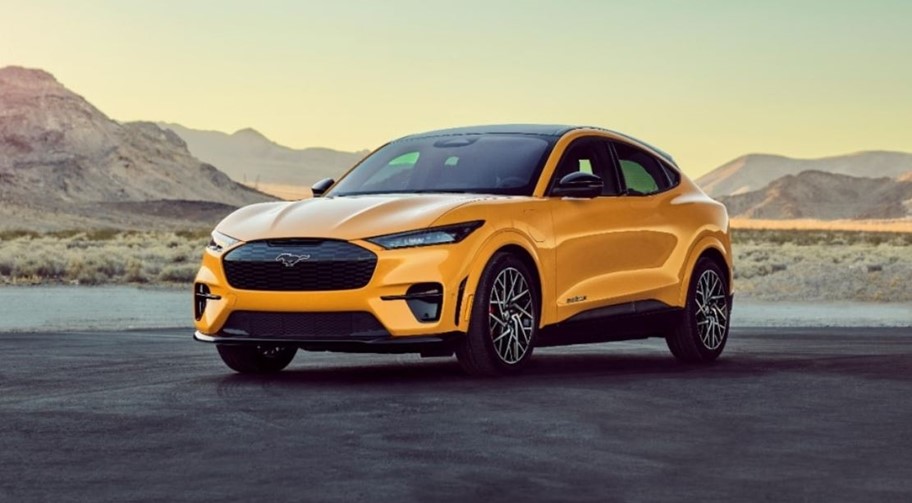
Volkswagen
Volkswagen Group Components opened the first plant for recycling electric car batteries to advance toward their goal of sustainable end-to-end responsibility for the entire value chain of the electric vehicle battery. The aim is to recover valuable raw materials such as lithium, nickel, manganese, cobalt, aluminum, copper, and plastics to achieve a recycling rate of more than 90% over the long term. The unique feature of the new plant is that it only recycles batteries that can no longer be used for other purposes. Before a battery is recycled, an analysis determines whether it is still powerful enough to be given a second life in an energy storage system.
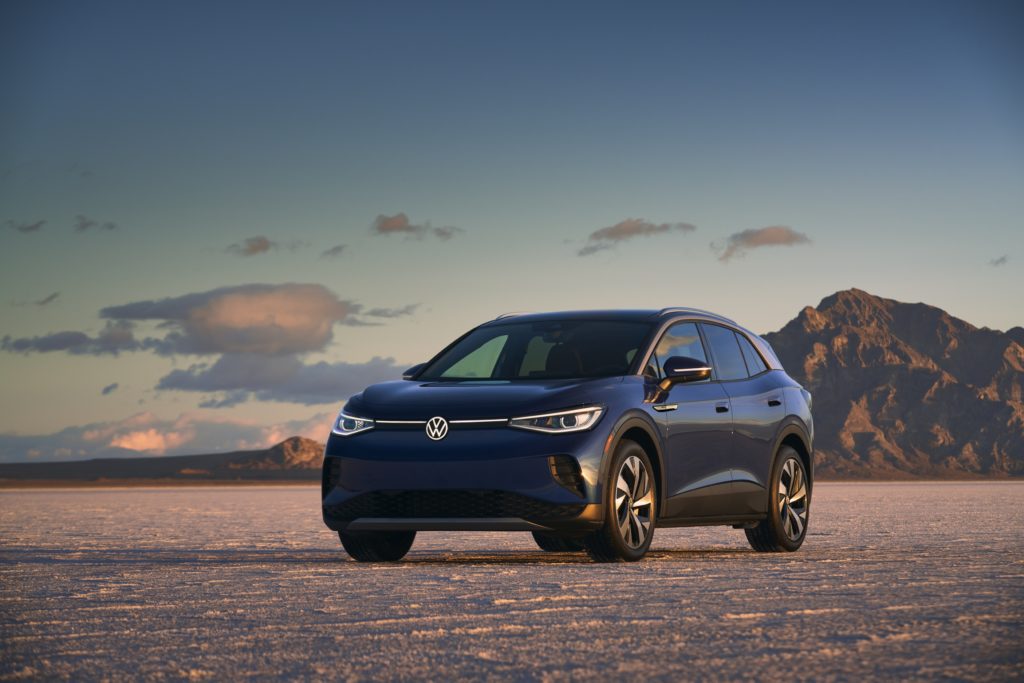
Volvo
Volvo will collect and take care of lithium-ion electric vehicle batteries at the end of life. The batteries are recycled by special, designated battery recyclers to ensure that they are taken care of in a responsible way. The recycling program is in alignment with Volvo’s ambitious climate plans, which call for either reusing or recycling batteries in a responsible way.
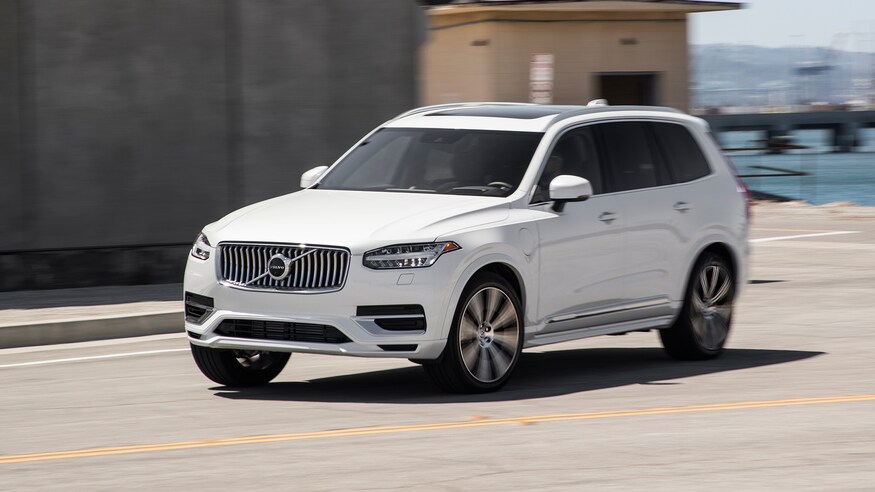
Hyundai
Hyundai Motor Group and SK Innovation Co. have agreed to cooperate in the development of a sustainable ecosystem for electric vehicle batteries. The partnership will seek solutions that can maximize value and eco-friendliness of EV batteries, including reusing batteries that are no longer useable in vehicles in diverse applications such as in energy storage systems and recycling batteries to extract economically valuable metals such as lithium, nickel, and cobalt.
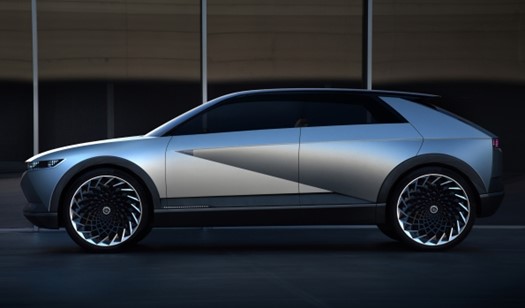
Kia
Kia Corporation and its electric vehicle battery supplier SK Innovation Company have agreed to collaborate to recycle used batteries. SK Innovation supplies batteries for many Hyundai and Kia electric and hybrid vehicle models including the Kia EV6. Kia and SK also plan to work together to process and reuse batteries for energy storage system or recover metals to make new batteries.
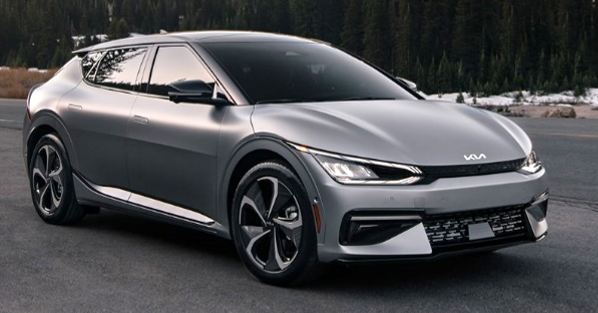
Mercedes-Benz
Mercedes-Benz is accelerating toward an emissions-free and software-driven future. Only after it is no longer possible to reuse a battery is it recycled in order to recover valuable raw materials. Mercedes-Benz is actively involved in the research and development of new recycling technologies and their establishment on the market. Mercedes is currently evaluating and planning the construction of a battery recycling factory in Kuppenheim, Germany, in order to create and secure recycling capacities.
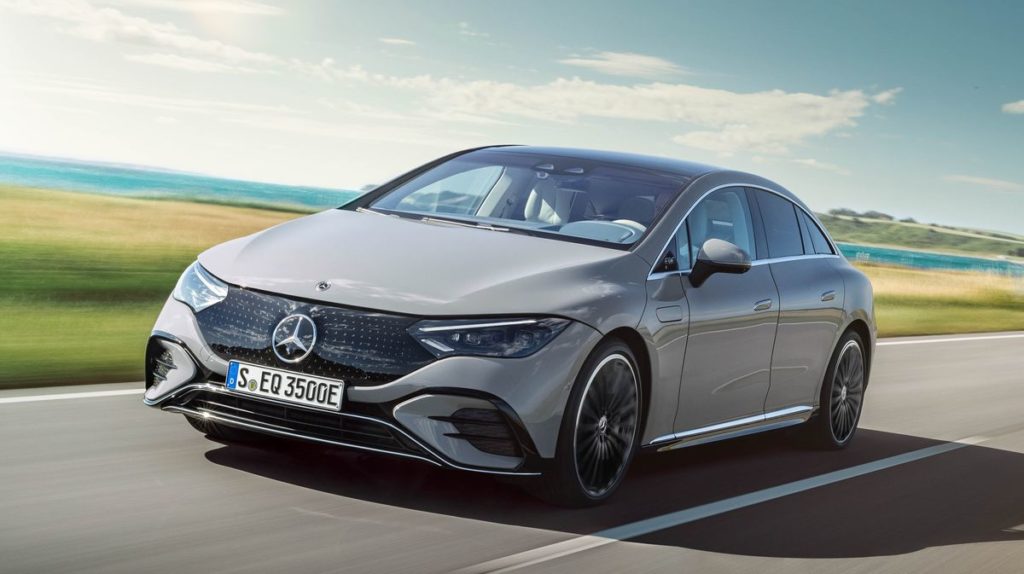
Mitsubishi
Mitsubishi established and operates a drive battery collection system for the purpose of recycling technology development and proper treatment of end-of-life drive batteries in electric-powered vehicles and plug-in hybrid vehicles in Japan, Europe, and North America.
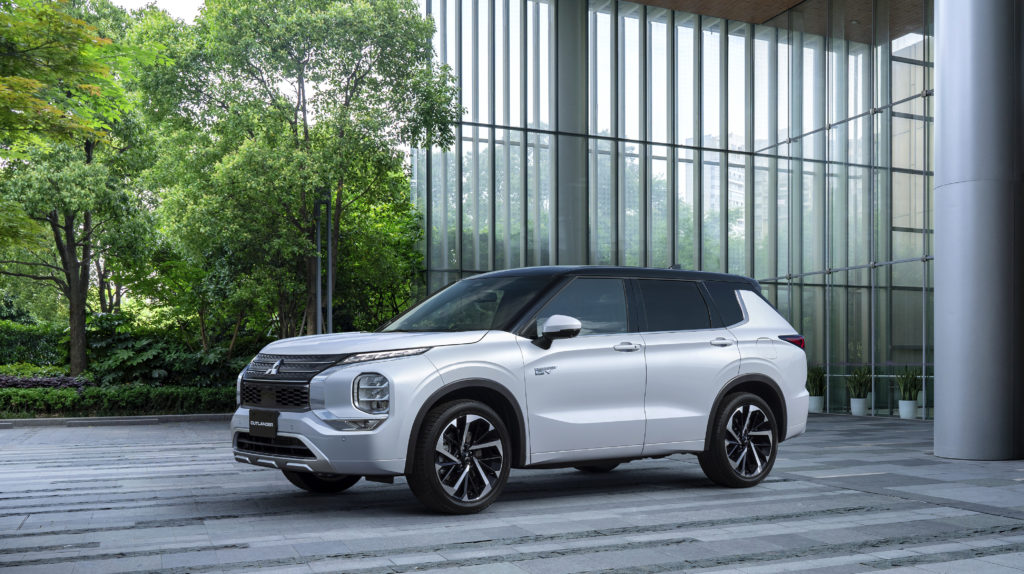
Nissan
Nissan Motor plans to build new battery recycling factories in the United States and Europe by the end of fiscal 2025. Nissan hopes that recycling batteries and re-using them in electric vehicles (EVs) will help lower production costs as the price of rare metals rise, and limit the environmental impact of battery waste.
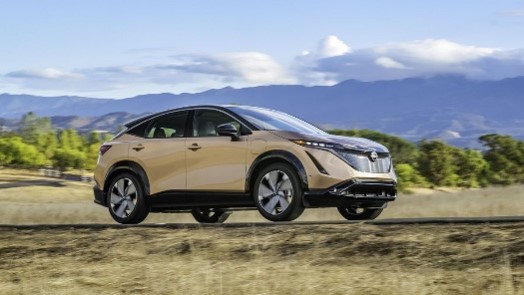
Jeep
The Stellantis electrification strategy includes making sure the manufacturer has access to the key raw materials to reuse batteries for second-life use and recycling of key components such as battery packs. This comes as a part of the company’s electrification plan for the coming year, including a $35.6 billion investment through 2025 in electrification and software development.

- Ford
- Volkswagen
- Volvo
- Hyundai
- Kia
- Mercedes-Benz
- Mitsubishi
- Nissan
- Stellantis
If sustainability is your mission, an EV is a perfect choice for you, and there are options to ensure that its battery will be used to its maximum potential and then recycled. At various stages of its useful life, that may mean your EV going to a new home when you want an upgrade, the battery being taken out and used for energy storage, or its raw materials being responsibly recycled. The battery recycling industry is growing every day and EV automakers are committed to developing the best end-of-life options for EV battery materials.

